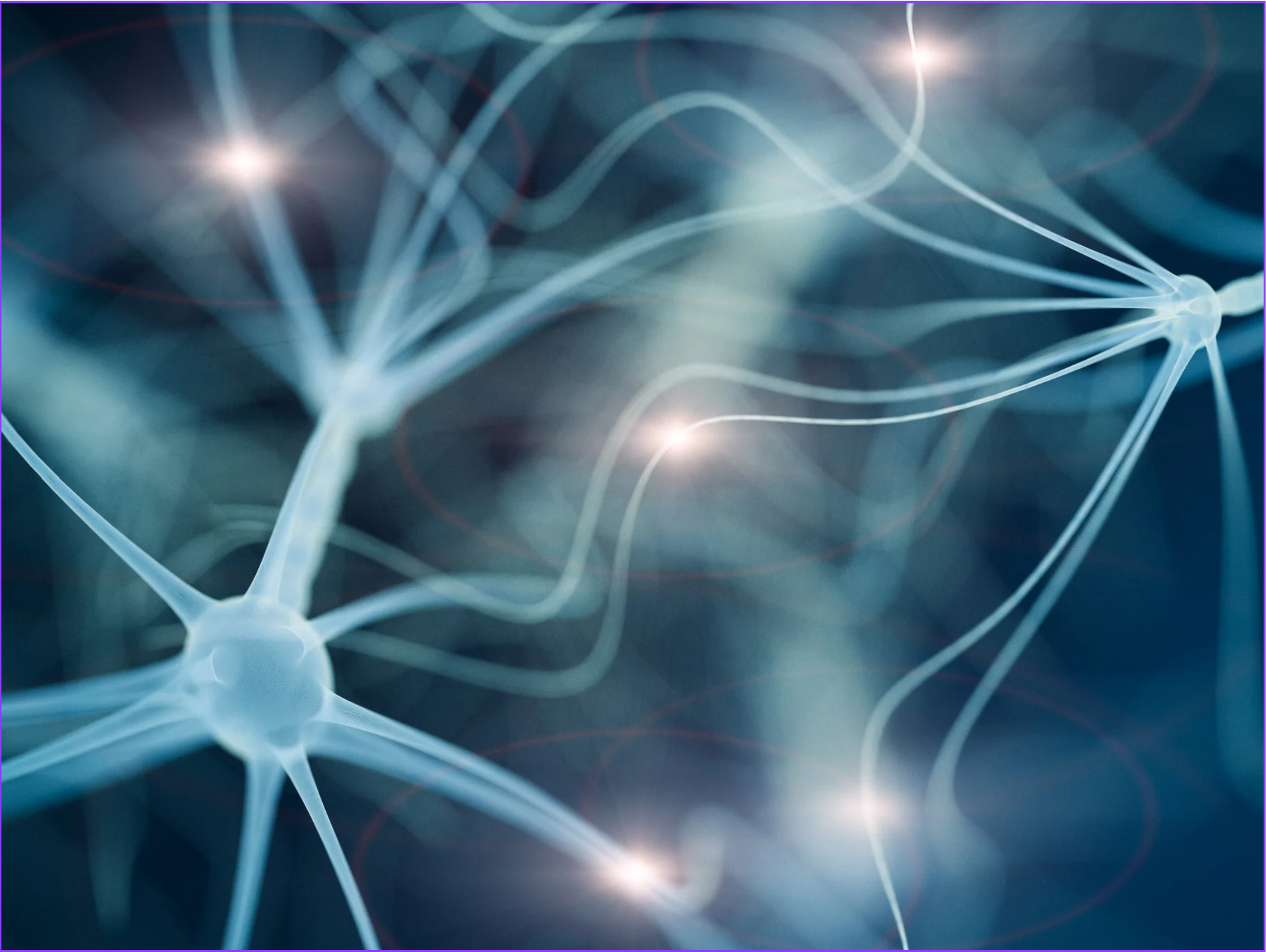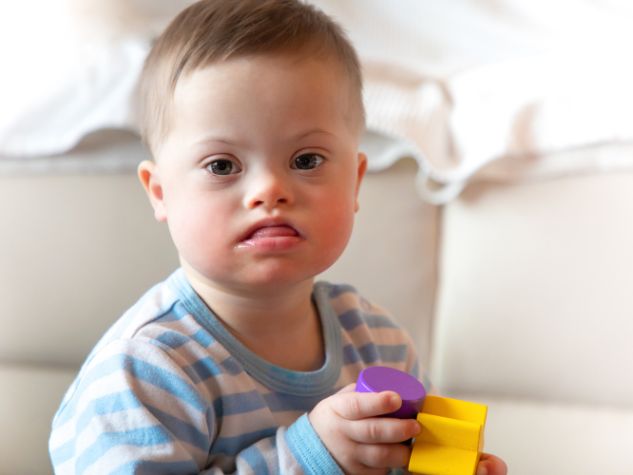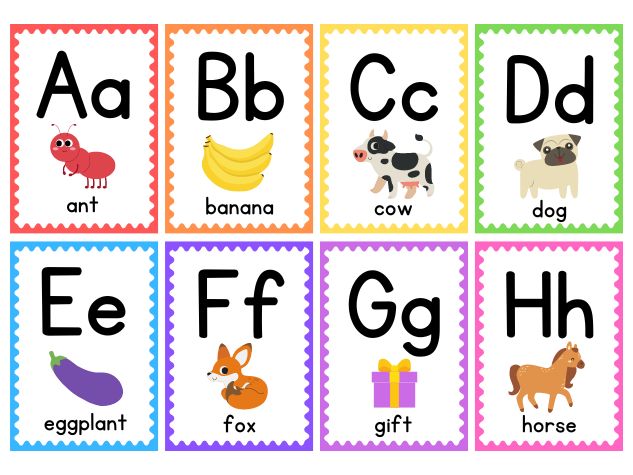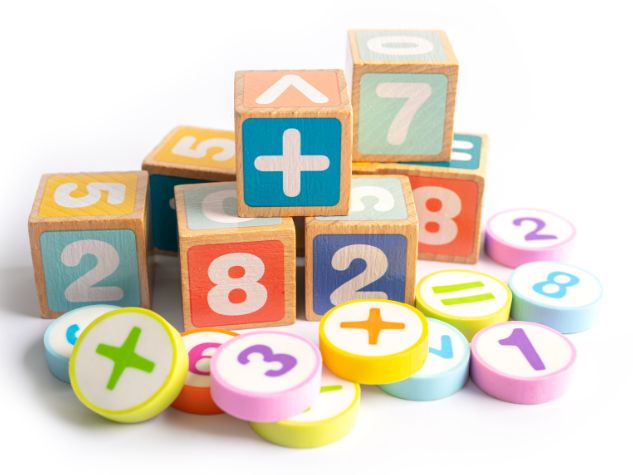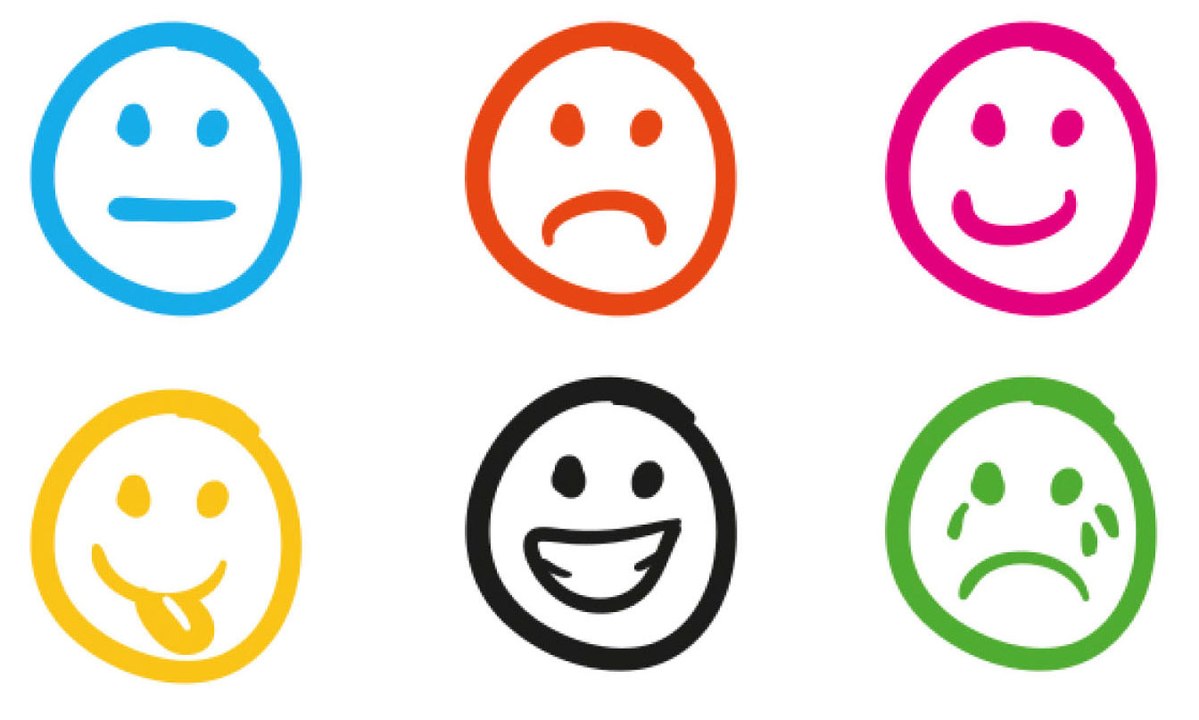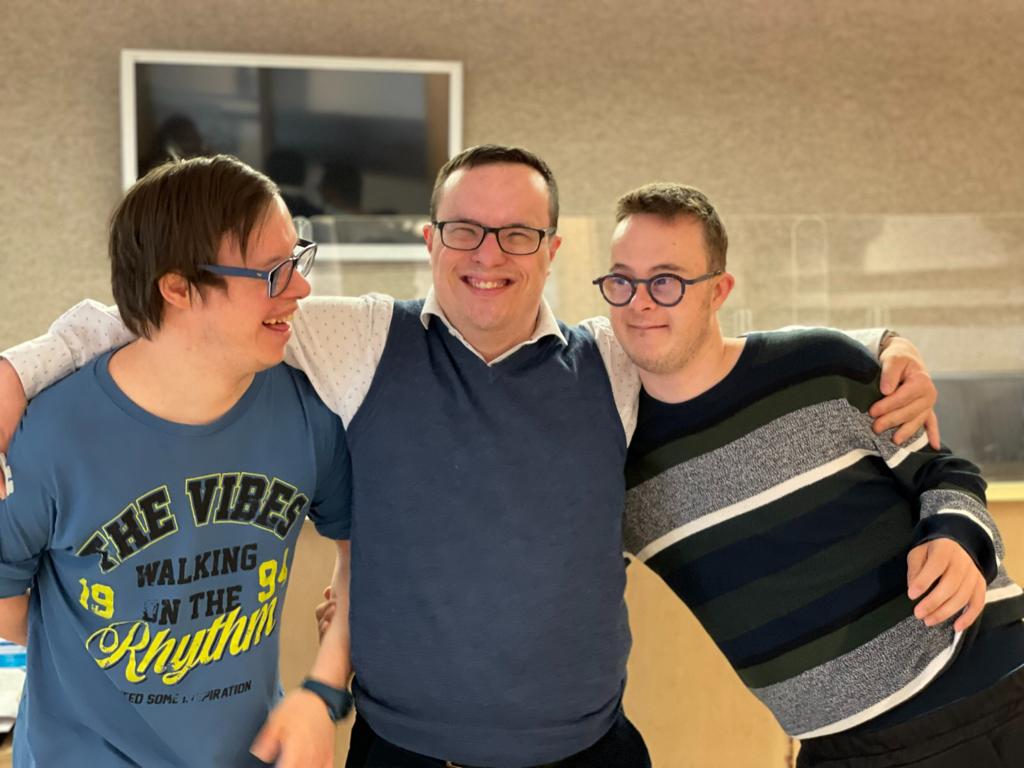The literacy of a person with Down syndrome may require adapted approaches and strategies to meet their individual needs. Here are some activities that can be helpful:
- Learning the Alphabet:
- Use cards with large and colorful letters to help the individual recognize and learn the alphabet.
- Associate each letter with an image that begins with that letter to make it more visual and engaging.
- Syllables and Sounds:
- Work on forming syllables and sounds. You can use cards with syllables and simple words.
- Use examples and words that are of interest to the individual.
- Reading Aloud:
- Read stories or simple books aloud to the individual. You can point to the words while reading to help relate sounds to written letters.
- Encourage participation by asking questions about the story.
- Word Games:
- Games like “letter bingo” or word association games can be helpful in reinforcing the relationship between letters and their sounds.
- Writing:
- Encourage the individual to write their name and other simple words.
- Practice writing letters and words on lined paper or a chalkboard.
- Recognition of Key Words:
- Identify key words that are relevant to the individual’s daily life, such as their name, the names of family members, or words related to their interests.
- Multimedia Resources:
- Use educational apps, online games, and interactive videos designed for literacy.
- There are many apps and websites that cater to the needs of individuals with Down syndrome.
- Shared Reading:
- Read books or stories together with the individual and allow them to participate in the reading whenever possible.
- Positive Reinforcement:
- Celebrate achievements, even small progress. Positive reinforcement can be a great motivator.
- Individualized Support:
- Ensure that activities are adapted to the individual’s level and interests. Every person is unique and will learn at their own pace.
Remember to be patient and understanding. Literacy can be a long and challenging process, but with support and patience, many individuals with Down syndrome can acquire meaningful reading and writing skills. It is also important to work closely with education professionals and specialized therapists to develop an individualized learning plan.



